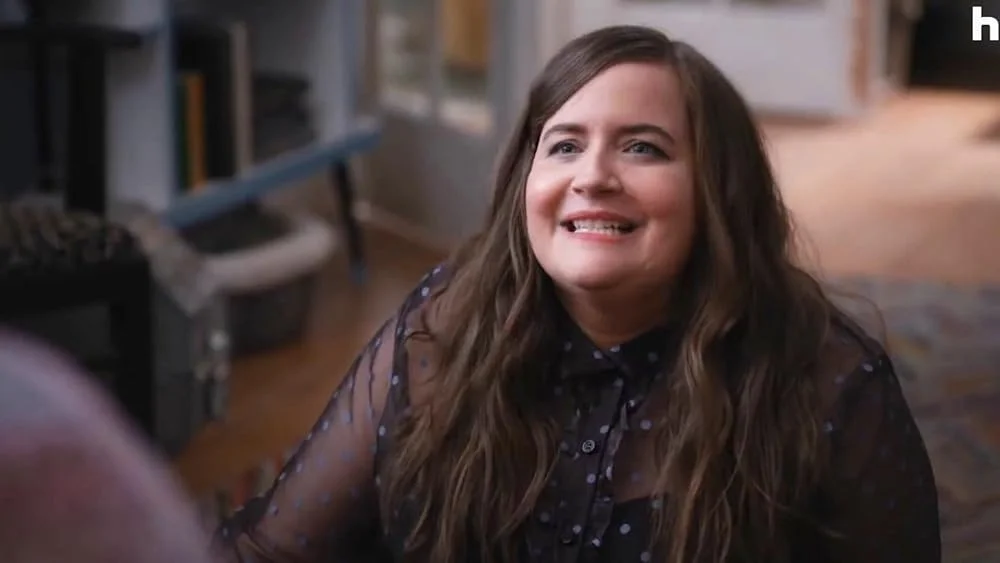Mackenzie Shriller, born in August 2004, was a high school student from Strongsville, Ohio. On July 31, 2022, at age 17, she was involved in a fatal car crash that claimed the lives of her long-term boyfriend, Dominic Russo (20), and their friend Davion Flanagan (19). Both were pronounced dead at the scene after the vehicle struck a brick building at over 100 mph. Shirilla survived but sustained serious injuries and was later arrested.
The Crash: What Happened That Morning
In the early hours of July 31, 2022, Shirilla drove her 2018 Toyota Camry into a building at extreme speed. Surveillance footage revealed the gas pedal was fully depressed—the car never braked before impact. Investigators noted the vehicle had been shifted between neutral and drive in the seconds before, and a fuzzy slipper was reportedly caught under the accelerator—though experts later concluded it was trapped by the floorboard deformation, not the cause of acceleration.
Toxicology reports revealed she had marijuana in her system and was in possession of psilocybin mushrooms, raising further concerns about her state at the time.
Legal Proceedings: Trial, Conviction & Sentencing
Shirilla’s case was handled via a bench trial (no jury), where in 2023, Judge Nancy Margaret Russo convicted her on 12 charges, including murder, aggravated vehicular homicide, felonious assault, drug possession, and possessing criminal tools. The judge described her behavior as executing a deliberate plan, stating she transformed into “literal hell on wheels.”
She received concurrent life sentences, eligible for parole after 15 years, and her driver’s license was revoked. Prosecutors emphasized that even if Shirilla intended to end her own life, it didn’t excuse the murders of her passengers.
Appeals & New Evidence: The Fight for Post-Conviction Relief
In September 2024, the Ohio appellate court upheld the conviction, rejecting claims of insufficient evidence and procedural errors. Prosecutors restated that Shirilla’s actions were deliberate and supported by vehicle data and social media behavior.
However, in 2025, her parents publicly challenged the verdict, citing new medical evidence suggesting she may have experienced a medical episode—such as loss of consciousness—at the time of the crash. They argue this was not considered during the original proceedings.
Behavior & Reaction: Footage and Public Statements
Months before her trial, bodycam footage captured her at the time of arrest acting out of character—almost sleepy, concerned about breaking a bracelet rather than the severity of the charges. This footage raised eyebrows about her emotional state.
Public reactions were mixed. Dominic Russo’s sister expressed deep pain, lamenting the hole left by her brother’s death. In contrast, his father showed a measure of empathy, suggesting that rehabilitation rather than lifelong punishment might ultimately serve justice.
Public Sentiment & Community Debate
On platforms like Reddit, the case spurred intense discussion. Some users analyzed event data recorder (EDR) evidence and dismissed theories of mechanical failure, while others questioned whether a slip, blackout, or emotional breakdown might have played a role.
One commentator noted: “The slipper was trapped by the floorboard deformation… not causing acceleration,” while others stressed that the high speeds and full throttle indicated determination. Opinions ranged from firm belief in her guilt to calls for deeper scrutiny.
Analysis: Why This Case Resonated
This case captured national attention due to its youthful tragedy, allegations of premeditation, and murky motive. It raises tough questions about teen mental health, legal accountability, and whether emotional turmoil can ever justify an act as catastrophic as this.
Shirilla’s appeals, based on possible medical incapacity, also spotlight the complexities of neurological defense in criminal cases. Did she act with intent, or under a medical emergency? The courts have so far sided with guilt, but emerging evidence keeps the door open—however slightly—for reconsideration.
Conclusion
The case of Mackenzie Shriller is a harrowing example of how teenage relationships, emotional instability, and reckless driving can culminate in irreversible tragedy. Found guilty of double murder and sentenced to life, she may still pursue appeals based on new medical findings—though for now, the legal verdict stands.
Whether seen as calculated or tragic, this story is a cautionary tale: the road to justice is often painful, complex, and unresolved.





